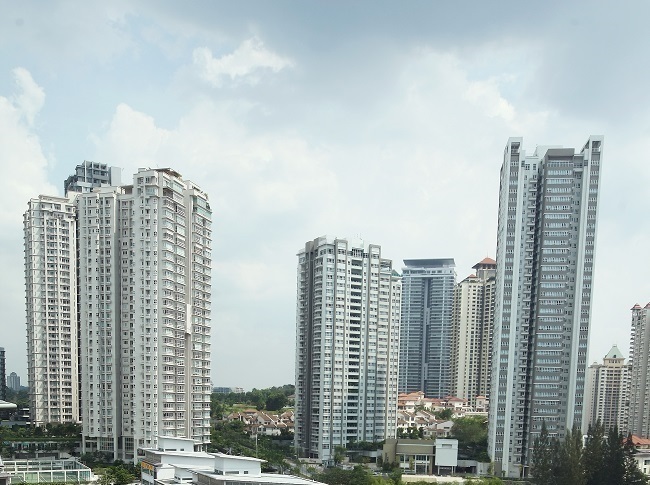
- In Malaysia, the property management industry is well established through a robust combination of education, practice, and industry standards. Several professional bodies have also been established to uphold high standards in the property management sector.
Some unqualified property managers claim that a building manager is responsible solely for coordinating the maintenance and upkeep of common areas, while a property manager merely acts as an intermediary between tenants and landlords. This oversimplification misrepresents the comprehensive role of a property manager.
According to the Valuers, Appraisers, Estate Agents and Property Managers Act 1981, a property manager’s responsibilities include enforcing lease agreements, preparing budgets, monitoring expenditures, advising on property decisions, and managing maintenance and facilities. Property managers registered with the Board of Valuers, Appraisers, Estate Agents and Property Managers Malaysia are proficient in lease valuation, provide valuable advisory services, and possess essential knowledge of real estate law, market conditions, and the relevant by-laws. This expertise is especially important when managing commercial properties.
Graduates in estate/property management are trained in property valuation, estate agency operations, and related fields, enabling them to practise in one or more areas. It is therefore unfortunate that some unqualified parties mislead the public by suggesting that valuers are only trained to perform property valuations.
In Malaysia, the property management industry is well established through a robust combination of education, practice, and industry standards. Higher education institutions such as Tunku Abdul Rahman University of Management and Technology (TARUMT), Universiti Malaya (UM), Universiti Teknologi MARA (UiTM), Universiti Teknologi Malaysia (UTM), Universiti Tun Hussein Onn Malaysia (UTHM), University of Reading Malaysia, University of Malaya-Wales, etc offer professional degree programmes in estate or property management. Many of these universities collaborate closely with industry experts and the senior experienced professionals are appointed as external examiners as part of the university accreditation framework.
Several professional bodies have also been established to uphold high standards in the property management sector. For instance, the Malaysian Institute of Property and Facility Managers (MIPFM), Royal Institution of Surveyors Malaysia (RISM), and the Association of Valuers, Property Managers, Estate Agents, and Property Consultants in the Private Sector Malaysia (PEPS).
With the demand for effective property management continuing to rise, these institutions are essential in cultivating the expertise necessary to manage properties professionally, efficiently and sustainably, thereby contributing to the nation’s economic growth.
It is also important to note that various international organisations recognise Malaysia’s property management education standards. For instance, TARUMT and UM’s real estate management degree programmes are both recognised and accredited by the Royal Institution of Chartered Surveyors (RICS).
However, RICS does not recognise any degree specifically titled “building management.” So, how can we expect a building manager trained solely in building maintenance to navigate the complexities of the industry without the technical, legal and professional knowledge required? How can building managers without such expertise give advice on operations such as tenancy management, leasing, rental rates and the relevant regulations and by-laws?
Calling the profession a monopoly is unjustified. If this were the case, then all lawyers, accountants and doctors would be monopolistic in their own accord. It is not logical to dumb down to meet the requirements of non-professionals who lack the formal education, training and regulatory procedures required.
Moreover, the shift towards self-regulation in property management and proposals to establish a new board of building managers to admit non-professionals — those without the required education and technical knowledge — has unfortunately coincided with an increase in reports of corruption, abuse of power, unauthorised activities like illegal homestays, partitioning of strata properties without approval, and the lobbying of unlicensed individuals seeking to create a professional body for managing properties.
These issues have proliferated in properties lacking professional management, and the proposal to create a board comprising non-professionals will not effectively address these systemic problems. What Malaysia truly needs are stricter regulations and an end to the employment of unqualified property managers.
Tunku Abdul Rahman University of Management and Technology
Registered valuer, property manager and estate agent
Licensed Auctioneer (Perak) (Penang) (Melaka) (Selangor)
The views expressed are the writer’s and do not necessarily reflect EdgeProp’s.
Looking to buy a home? Sign up for EdgeProp START and get exclusive rewards and vouchers for ANY home purchase in Malaysia (primary or subsale)!




